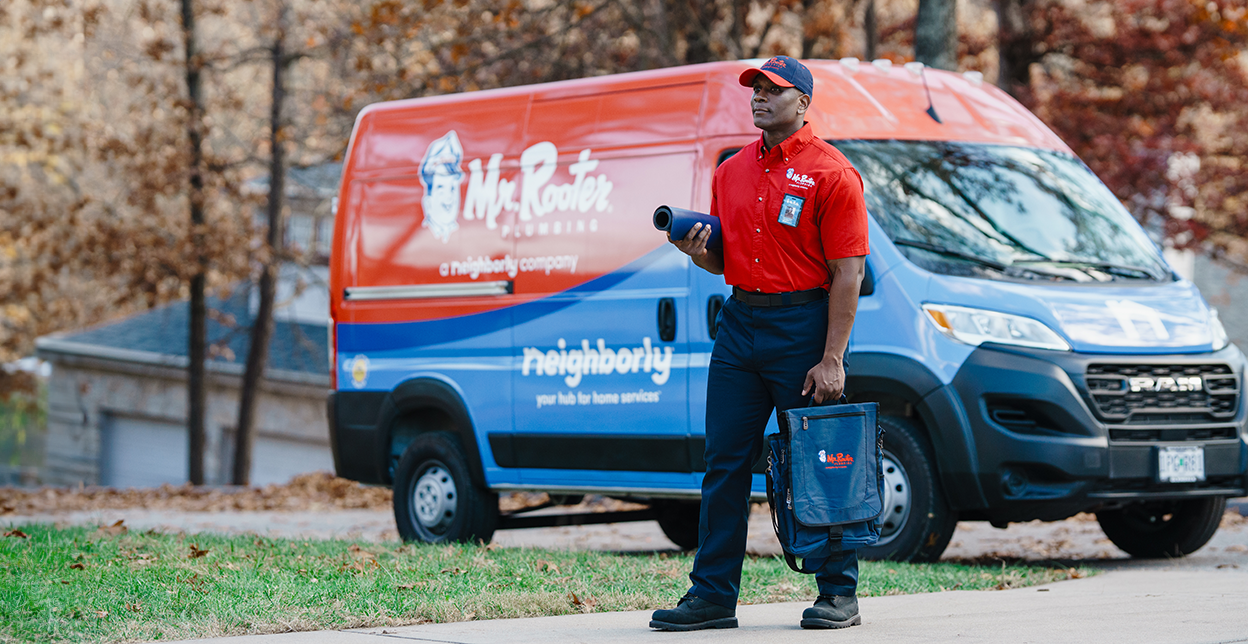Your gas lines are some of the most vital parts of your home. When your gas line isn’t working correctly or needs service, it’s important to trust our professionals. We understand gas is a serious hazard, and we’re trained to work with it. Mr. Rooter Plumbing of Northern Colorado offers residential gas line replacement and inspection services in Boulder, CO. We use high-quality tools and equipment to service your gas lines. We know gas lines face wear and tear as they age, so we offer inspection maintenance services to check on their health. Contact us to learn more about our gas line services today.
Professional Gas Line Services for Your Home
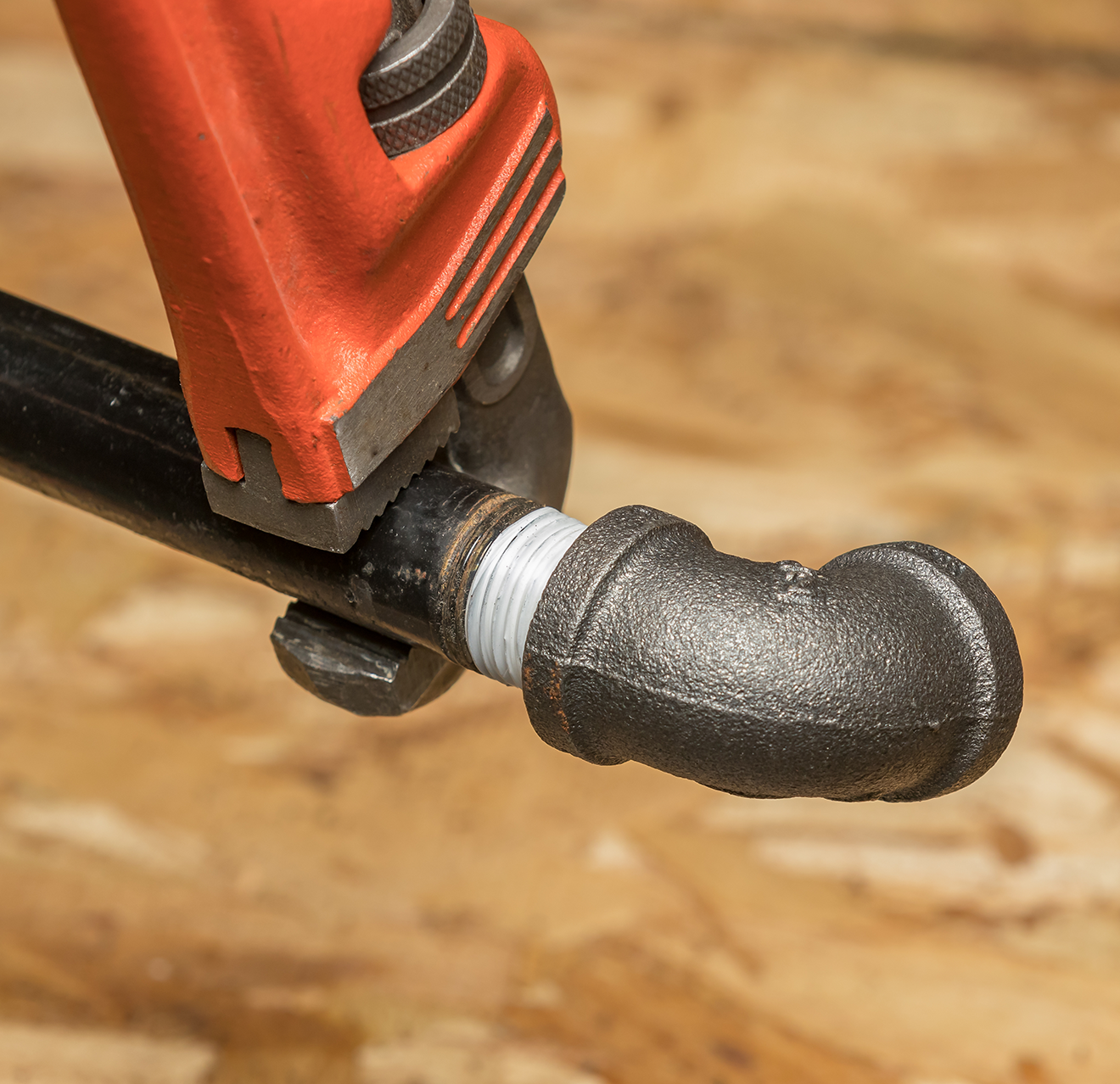
Signs of A Gas Line Leak
The most significant sign of a gas leak is a rotten odor smell. The odor is added to natural gas to alert people to gas leaks. It’s important to pay attention to the following signs of a gas leak:
- Hissing Noises – If your gas lines are making a hissing sound, check the lines immediately.
- Dying Plants – Natural gas quickly kills the surrounding plants and vegetation.
- Rotten Egg Smell – A sulfur or rotten egg smell is not natural and signals a gas leak.
- Unexplained Illness – If you feel dizzy, drowsy, and nauseated, the symptoms could be caused by a gas leak.
Causes of Gas Line Leaks
Our service professionals work quickly to find the location and reason for your gas leak. The most common causes of gas line leaks include the following:
- Incorrect installation of the gas line
- Damaged hose for the gas line
- Aging gas line
- Incorrect gas line hookups
Leave Gas Line Installation to the Professionals
The most important thing about gas line leaks is to leave the repairs to professionals. Natural gas is highly flammable, so any type of friction can lead to a fire. Lighting candles, smoking cigarettes, and switching on your lights can ignite a gas leak. Our service professionals are extensively trained in the most effective ways to repair and replace gas lines.
Gas Line Maintenance Services
Mr. Rooter Plumbing of Northern Colorado offers plumbing maintenance services for all your fixtures. We routinely inspect your gas lines to ensure they are working correctly. If you notice any signs of a potential gas leak, we will be there for you.
Trust Mr. Rooter Plumbing of Northern Colorado
When you need gas line installation and replacement services, trust our service professionals. We’re highly trained in the most effective plumbing practices. We serve Fort Collins, Loveland, Boulder, Greely, Longmont, Thornton, Broomfield, and Louisville, CO. Our service professionals always offer upfront pricing for our services. We back our work with a guarantee for your peace of mind. We understand that damaged gas lines can cause stress, so let our professionals take over. We put your plumbing needs first.
Contact Us for Gas Line Replacement Services
Mr. Rooter Plumbing of Northern Colorado ensures your gas line stays in optimal condition with our gas line replacement services. We always help you understand your options and offer the most effective solutions. Our team stands by your side through all your plumbing problems. We’re trained to correctly install your gas line to help keep your family safe.
Contact us today to request an estimate on gas line installation and replacement services.

Residential & Commercial Services
-
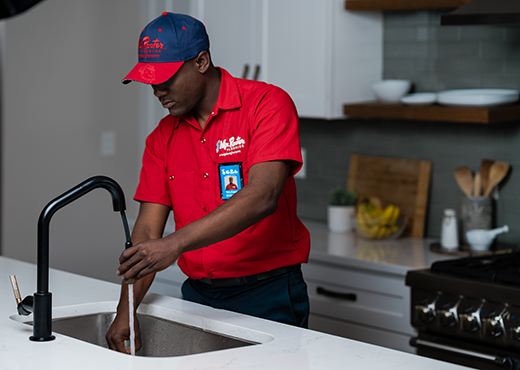
Drain Cleaning
Let Mr. Rooter get rid of your kitchen, bathroom, and sewer clogs.Learn More Drain Cleaning -
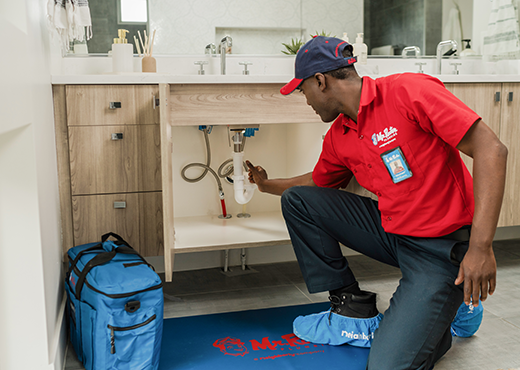
Plumbing Repairs
Schedule a repair before a small leak becomes a big headache.Learn More Plumbing Repairs -
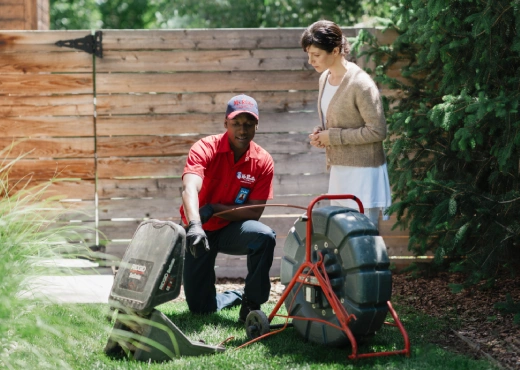
Sewer Line Repair
Avoid a costly sewer replacement with a sewer line repair.Learn More Sewer Line Repair -
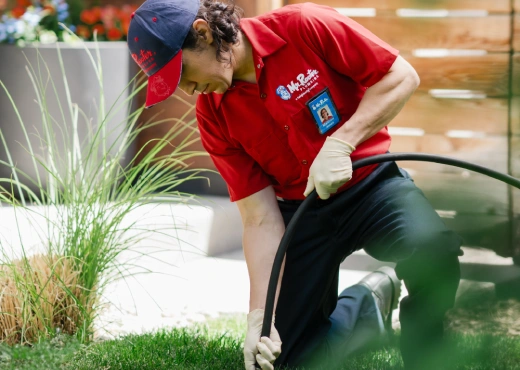
Emergency Plumbing
Emergencies happen, and Mr. Rooter helps solve them quickly.Learn More Emergency Plumbing
Mr. Rooter Plumbing of Northern Colorado
Choose the plumbing services team in your area. When it comes to selecting the right team for your commercial or residential plumbing services, Mr. Rooter Plumbing is the right choice.
- Allenspark
- Ault
- Bellvue
- Berthoud
- Boulder
- Broomfield
- Carr
- Dacono
- Drake
- Eaton
- Eldorado Springs
- Erie
- Estes Park
- Evans
- Firestone
- Fort Collins
- Fort Lupton
- Frederick
- Galeton
- Gilcrest
- Gill
- Glen Haven
- Greely
- Hudson
- Hygiene
- Jamestown
- Johnstown
- Keenesburg
- Kersey
- La Salle
- Lafayette
- Laporte
- Livermore
- Longmont
- Louisville
- Loveland
- Lucerne
- Lyons
- Masonville
- Mead
- Milliken
- Nederland
- Niwot
- Northglenn
- Nunn
- Pierce
- Pinecliffe
- Platteville
- Red Feather Lakes
- Roggen
- Severance
- Thornton
- Timnath
- Ward
- Wellington
- Windsor
Services We Provide
Let Us Call You
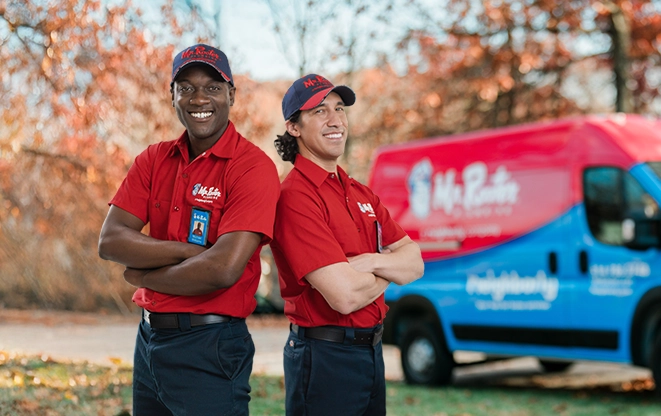
Join Our Team
Plumbing isn’t just about leaks, pipes, and gaskets - it’s about people. Mr. Rooter Plumbing franchisees offer you a career path for growth, and will treat you with the same respect and integrity that they treat their own friends and family, because at the end of the day, you can’t serve customers well without a happy, motivated, and committed team. Creating a culture with an exemplary work ethic is just as important as plumbing, and it’s part of everything Mr. Rooter Plumbing does.
